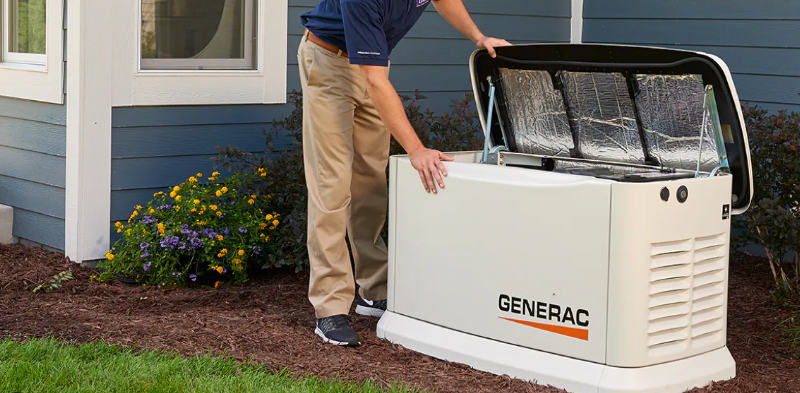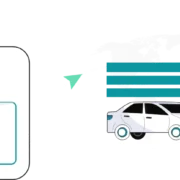In a world where power outages can disrupt our daily lives, having a home generator can be a lifesaver. A home generator ensures that you have a continuous supply of electricity, keeping your lights on, appliances running, and essential systems functioning even during blackouts. In this comprehensive guide, we’ll walk you through everything you need to know about home generator installation to guarantee uninterrupted energy at home.
Why Home Generator Installation Matters
The Importance of a Home Generator
Home generators have become an essential investment for homeowners. They offer numerous benefits, such as:
- Reliable Power Supply: Home generators automatically kick in during power outages, ensuring you have electricity when you need it most.
- Preservation of Perishables: Your fridge and freezer will continue to operate, preventing food spoilage.
- Climate Control: Heating and cooling systems stay operational, maintaining a comfortable indoor environment.
- Security: Keep your security systems, alarms, and cameras working to ensure your family’s safety.
- Work from Home: In an increasingly remote work environment, a generator lets you work without interruption.
Choosing the Right Home Generator
Types of Home Generators
Before you begin the installation process, you must choose the right type of home generator. Here are the main options:
- Standby Generators: These generators are permanently installed outside your home and automatically start during power outages. They can power your entire house.
- Portable Generators: Portable generators are smaller and can be moved around. They are ideal for providing power to specific appliances or areas of your home.
- Inverter Generators: These are highly efficient and provide clean, stable power. They are quieter and more fuel-efficient than traditional generators.
Sizing Your Generator
The size of your generator is critical. You should calculate your power needs to ensure you select a generator that can handle the load. Factors to consider include:
- Wattage Requirements: Make a list of essential appliances and systems you want to power during an outage.
- Starting vs. Running Watts: Some appliances have higher starting wattage requirements than running wattage. Ensure your generator can handle both.
- Professional Assessment: Consult with a professional electrician or generator installer to accurately determine your power needs.
The Installation Process
DIY vs. Professional Installation
While some experienced individuals may opt for a DIY installation, it’s often best to hire a professional for home generator installation. Professionals have the knowledge and experience to ensure a safe and compliant installation.
Permits and Regulations
Before you install a home generator, check local building codes and regulations. You may need permits, and your generator must meet safety standards.
Conclusion
A home generator installation ensures that you and your family can weather power outages with ease, maintaining a sense of normalcy even when the grid fails. From choosing the right type and size of generator to navigating the installation process, this handbook has provided you with valuable insights to ensure uninterrupted energy at home. Prioritize safety and reliability by seeking professional assistance and complying with local regulations during your installation journey. With a properly installed home generator, you can enjoy peace of mind knowing that your home will always have the power it needs.



























Comments